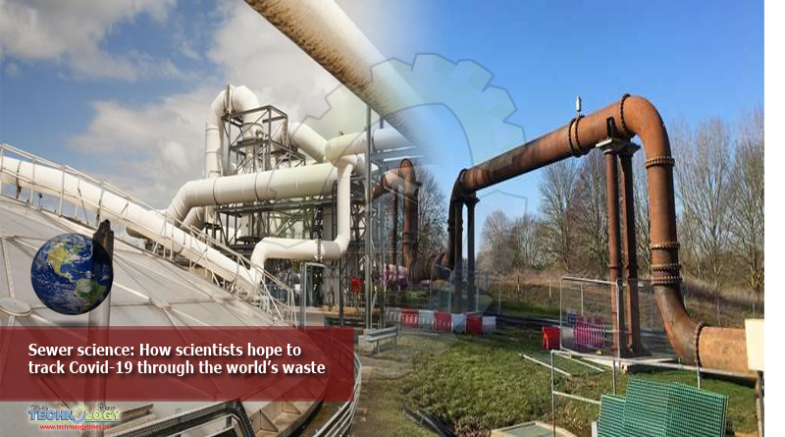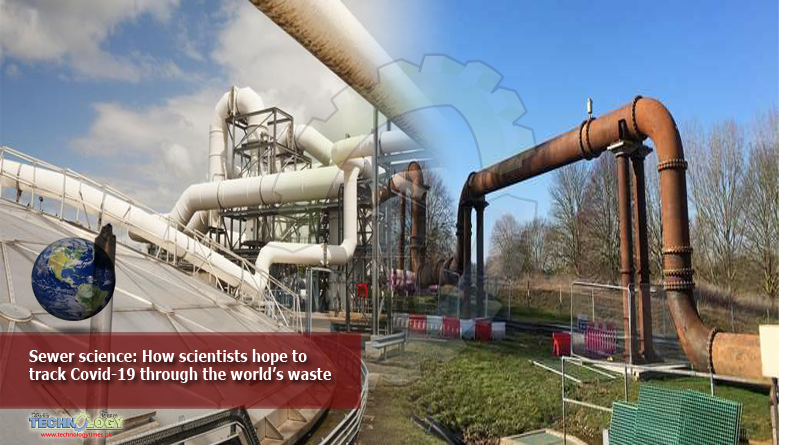And as cities across the world emerge from lock down, tracking the rate of Covid-19 in the sewer science could provide an early warning if rates of infection begin to rise again

Research in a number of countries has shown that Covid-19 can be detected in sewage, including a study in Paris by the city’s water authority which found a direct correlation between levels of the virus in the sewers science and the number of infections in the city.
“Most people know that you emit lots of virus through respiratory particles and droplets in the lungs. But actually what’s lesser known is that you actually emit more small viral particles in faeces than you do from the lungs. So, basically we’re using that. Basically tracking people’s toilet movements,” Davey Jones, professor of environmental science at Bangor University in Wales told Reuters.
The technique has already been used in the fight to eradicate Polio and track antibiotic resistance in livestock and could be a cheaper and quicker alternative to the mass testing of individuals to track Covid-19.
“We can just monitor the amounts of essentially dead virus in the wastewater and use that as a monitoring tool to basically work out how many people in the population have contracted the disease. And essentially, whether it’s on the rise or the fall,” said Professor Davey. “[And] whether things like lockdown measures are working.
